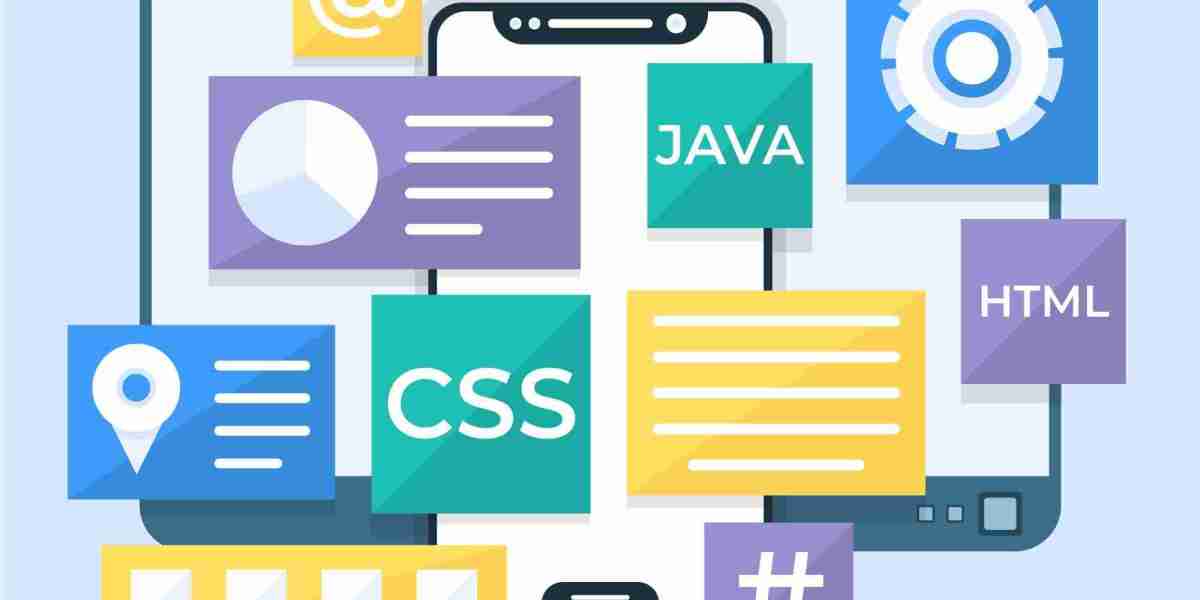When it comes to building scalable and robust applications, choosing the right framework is crucial. In the world of Java development, several frameworks provide the necessary tools and features to ensure the scalability of applications. In this guide, we will explore some of the key Java frameworks that businesses can leverage to build highly scalable applications. By understanding their features and strengths, businesses can make informed decisions and maximize the potential of their Java application development projects.
Spring Framework:
One of the most popular Java frameworks for building scalable applications is the Spring Framework. It provides comprehensive Java development services and a comprehensive ecosystem that simplifies the development process. Spring's core features, such as inversion of control (IoC) and dependency injection (DI), facilitate loose coupling between components, making the application more flexible and easier to scale. Additionally, Spring offers modules like Spring MVC for building web applications, Spring Data for seamless database integration, and Spring Security for robust application security. With Spring's modular architecture and extensive community support, businesses can leverage its power and benefit from top-notch Java development services to create highly scalable applications.
Hibernate:
Hibernate is an object-relational mapping (ORM) framework that simplifies database interactions in Java applications. It provides a high-level, object-oriented API to interact with databases, reducing the need for writing complex SQL queries manually. Hibernate handles database transactions, caching, and mapping of Java objects to database tables. By abstracting the underlying database operations, Hibernate promotes scalability and maintainability. It also offers advanced features like lazy loading and optimistic locking, further enhancing performance and scalability. Businesses can rely on Hibernate to build scalable applications that seamlessly interact with databases.
Apache Struts:
It follows the Model-View-Controller (MVC) architectural pattern, separating business logic, presentation, and user interaction. Struts provides a robust framework for building scalable web applications by offering features like request handling, form validation, and modular development. With Struts, businesses can achieve a clean and organized codebase, making it easier to scale and maintain applications over time. Additionally, Struts integrates well with other Java technologies, allowing businesses to leverage its capabilities in combination with other frameworks and tools.
Play Framework:
The Play Framework is a modern and lightweight Java web framework known for its scalability and developer productivity. It follows a reactive model, making it ideal for building high-performance and scalable applications. Play Framework promotes asynchronous and non-blocking I/O operations, allowing applications to handle a large number of concurrent requests efficiently. It also provides features like hot-reloading, which enables developers to see changes instantly without restarting the application server. With Play Framework, businesses can create scalable and responsive applications that can handle heavy traffic and deliver a superior user experience.
Apache Kafka:
While not strictly a Java framework, Apache Kafka is a widely-used distributed streaming platform that plays a crucial role in building scalable applications. Kafka allows businesses to build event-driven architectures, where different components can communicate asynchronously through data streams. It provides fault-tolerant, distributed, and scalable messaging capabilities, making it suitable for real-time data processing and integration scenarios. By leveraging Kafka, businesses can build scalable, high-throughput applications that can handle large volumes of data and maintain data consistency across distributed systems.
Conclusion:
Choosing the right Java framework for your Java application development services is vital for building scalable applications. The Spring Framework, Hibernate, Apache Struts, Play Framework, and Apache Kafka are just a few examples of powerful frameworks that empower businesses to create scalable and robust applications. By understanding their strengths and features, businesses can make informed decisions and leverage the full potential of Java application development services to drive their projects towards success. Whether it's utilizing the dependency injection capabilities of Spring, the ORM features of Hibernate, or the reactive model of Play Framework, businesses can harness these frameworks to deliver high-quality and scalable Java applications.



